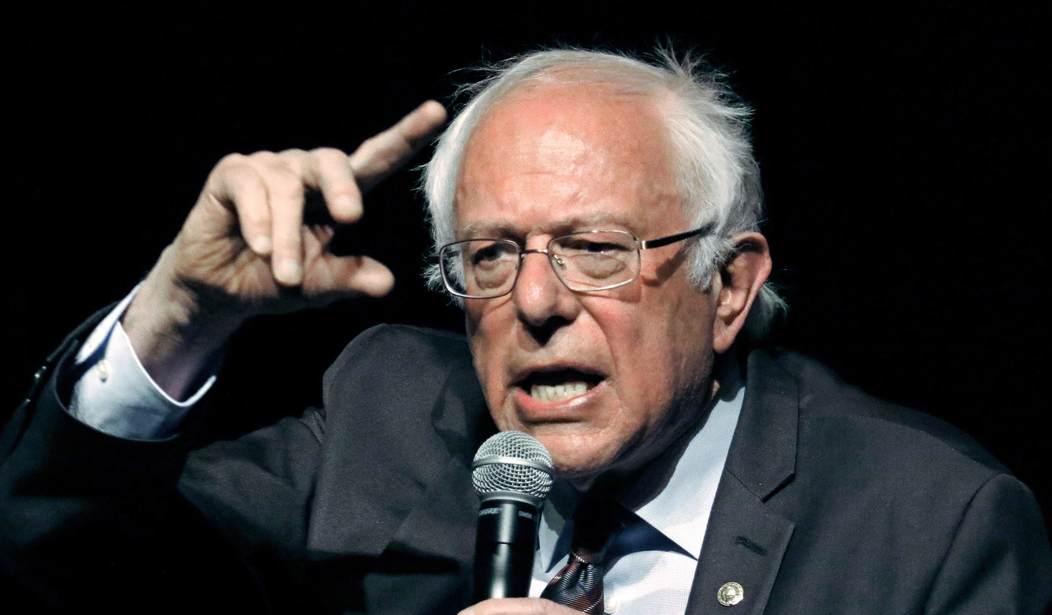Democratic dreams of a Green New Deal tap into some very real concerns shared by most Americans. Fifty-five percent of voters nationwide agree with Rep. Alexandria Ocasio-Cortez (D-N.Y.) that we have just over a decade to act before catastrophic impacts of climate change become unavoidable.
But that common ground doesn't mean voters are committed to joining Ocasio-Cortez's crusade. A key sticking point is that the young congresswoman wants the federal government to transform the entire economy. However, only 30 percent of voters are even somewhat comfortable with that idea. Only 11 percent are very comfortable with it.
A similar dynamic is found on the topic of health care. Eighty-seven percent agree that it's important to ensure every American has access to quality health care. Eighty-two percent support providing financial assistance to people who cannot afford insurance or medical care.
But despite sharing the goals of single-payer health care advocates, only 17 percent support Senator Bernie Sanders' plan to ban private insurance companies and require everyone to get medical care through a federal program.
These results are the natural outgrowth of ongoing public resistance to America's regulatory state. This stems partly from a widely held belief that top leaders of regulatory agencies use their power to pursue personal agendas. And 67 percent believe regulators and big businesses work together in ways that are harmful and unfair to consumers.
Recommended
Voters do believe that most people who work for federal regulatory agencies do the best they can to impose the rules and regulations fairly and impartially. But good intentions are often not enough. Most voters (58 percent) think that federal regulators don't understand the real-world impact of the rules they write.
For these and other reasons, voters want some way to hold the bureaucracy accountable. A basic step would be to require Congressional review and approval before new regulations go into effect. That's not the way it works today, but 82 percent of voters support this common-sense reform.
Voters also support a more basic means of limiting the power of federal regulators. When the written rules clash with higher values, ignore the rules. For example, when a company faces a choice between serving their customers or obeying a regulation, 54 percent believe that the company should act in the best interest of its customers. Just 29 percent believe the company should obey the regulation.
This attitude is not based upon a belief that companies are more virtuous than government. It's based on a recognition that there are many ways to hold businesses accountable. Sixty-six percent of voters recognize that decisions made by customers have a bigger impact on company behavior than rules written by government regulators.
When all is said and done, the vast majority of voters share the dreams and aspirations of many on the political left. They want good jobs for all who are willing to work, a healthy environment, access to medical care for all and more. In fact, those are views embraced by Americans of just about all political beliefs.
But just because voters agree with the goals doesn't mean they agree with plans giving more authority to the federal government. Just 20 percent of voters today think we need more regulations. Most support efforts to reign in the regulatory state and return power to the people.

























Join the conversation as a VIP Member